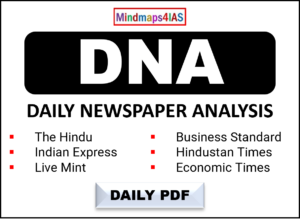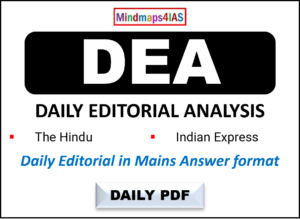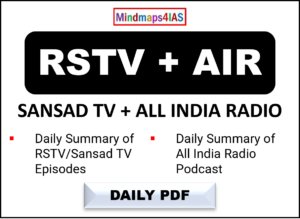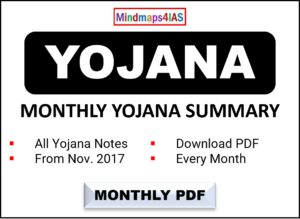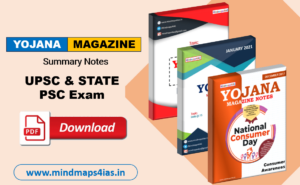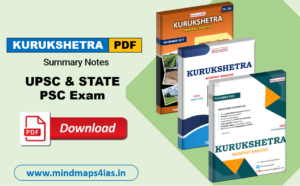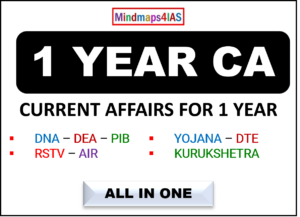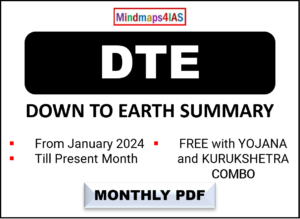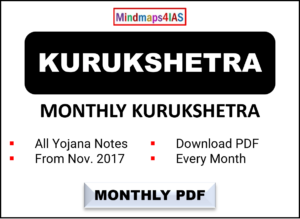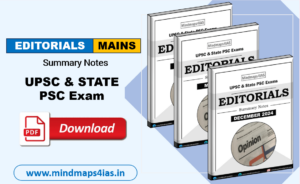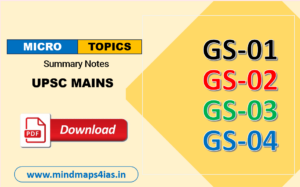Subject: Polity
Relevance: Delimitation is a crucial topic in the UPSC syllabus, especially concerning the Constitution, election processes, and center-state relations.
Why in the News?
-
Home Minister Amit Shah asserted that delimitation will not cause southern states to lose any Parliamentary seats.
-
Tamil Nadu Chief Minister M.K. Stalin announced an all-party meeting on March 5 to discuss delimitation, calling it a threat to southern states.
Key Takeaways: Delimitation
-
Definition:
-
The Election Commission defines delimitation as drawing constituency boundaries for elected bodies based on the most recent Census population.
-
-
Constitutional Provisions:
-
Article 82: After every Census, the allocation of Lok Sabha seats to each state must be adjusted based on population changes.
-
Article 81: Lok Sabha can have no more than 550 members—530 from states and 20 from Union Territories. It requires the ratio between seats and population to be the same for all states.
-
-
Purpose of Delimitation:
-
Rationalize the structure and composition of electoral constituencies.
-
Adhere to the principle of ‘One Vote One Value.’
-
Provide representation to different sections of the population.
-
Remove gross inequalities in the population size of constituencies.
-
-
Delimitation Commission:
-
The Constitution provides for an independent Delimitation Commission every decade to reapportion seats among states.
-
Appointed by the President of India.
-
Composed of:
-
A retired judge of the Supreme Court or a High Court.
-
The Chief Election Commissioner.
-
The State Election Commissioner.
-
-
-
Process:
-
The Commission examines population changes to redraw constituencies or create new ones.
-
The draft report is published in the Gazette of India for public feedback.
-
The final report is published after considering public feedback.
-
Orders are final and, per the Delimitation Commission Act 1952 and Article 329A, cannot be questioned in any court.
-
-
Constitutional Amendments Required:
-
Implementation of delimitation requires changes to:
-
Article 81 (Composition of the Lok Sabha).
-
Article 170 (Composition of Legislative Assemblies).
-
Article 82.
-
Article 55 (Presidential election process; value of each vote).
-
Articles 330 and 332 (Reservation of seats for the Lok Sabha and Legislative Assemblies).
-
-
-
Southern States’ Concerns:
-
Tamil Nadu and other southern states argue they should not be penalized for successfully implementing population control measures.
-
Changes in Lok Sabha Composition After Delimitation
-
Historical Exercises:
-
Delimitation has occurred four times: 1952, 1963, 1973, and 2002.
-
The 1952 exercise set the maximum number of Lok Sabha seats at 500. Elections were held in 489 seats.
-
By 1957, elections were held in 494 seats.
-
-
1963 Delimitation:
-
Total Lok Sabha seats were raised to 522 due to population increase.
-
-
1973 Delimitation:
-
Maximum Lok Sabha members raised to 545 to account for population growth and new states.
-
-
1976 Amendment:
-
The 42nd Amendment froze Lok Sabha seats and delayed delimitation until the 2001 Census due to “family planning policies.”
-
-
2002 Amendment:
-
The 84th Amendment further delayed delimitation for another 25 years, to happen only after the 2031 Census.
-
Judicial Review of Delimitation Commission’s Decisions
-
Article 329(a):
-
States that the validity of any law relating to the delimitation of constituencies shall not be called into question in any court.
-
-
Kishorchandra Chhanganlal Rathod vs. Union of India:
-
The Gujarat High Court dismissed a petition challenging the reservation of a constituency citing Article 329(a).
-
-
Supreme Court’s Judgment (July 2024):
-
Constitutional courts can review the orders of the Delimitation Commission.
-
Can provide remedies if an order is manifestly arbitrary and irreconcilable to constitutional values.
-
-
Dravida Munnetra Kazhagam v. State of T.N.:
-
The Court rejected the contention that Articles 243O and 243ZG place a complete bar on judicial intervention.
-
A constitutional Court can intervene to facilitate elections or when a case for mala fide or arbitrary exercise of power is made out.
-
Articles of the Constitution
-
Article 55: Deals with the presidential election process for which value of each vote in the electoral college is decided on the population basis.
-
Article 81: Defines the composition of the Lok Sabha.
-
Article 82: States that after every Census is completed, the allocation of Lok Sabha seats to each state must be adjusted based on population changes.
-
Article 170: Composition of Legislative Assemblies.
-
Article 327: Power to make provision with respect to elections to Legislatures.
-
Article 328: Power of Legislature of a State to make provision with respect to elections to such Legislature.
-
Article 329A: States that the validity of any law relating to the delimitation of constituencies or the allotment of seats to such constituencies, made or purporting to be made under article 327 or article 328, shall not be called in question in any court
-
Articles 330 and 332: Covering reservation of seats for the Lok Sabha and Legislative Assemblies, respectively.
-
Article 243O
-
Article 243ZG
Key Terms
-
Delimitation: The process of fixing limits or boundaries of territorial constituencies in a country or a province having a legislative body.
-
Constituency: A body of voters in a specified area who elect a representative to a legislative body
-
Judicial Review: The power of the judiciary to review the actions of the legislative and executive branches of the government

